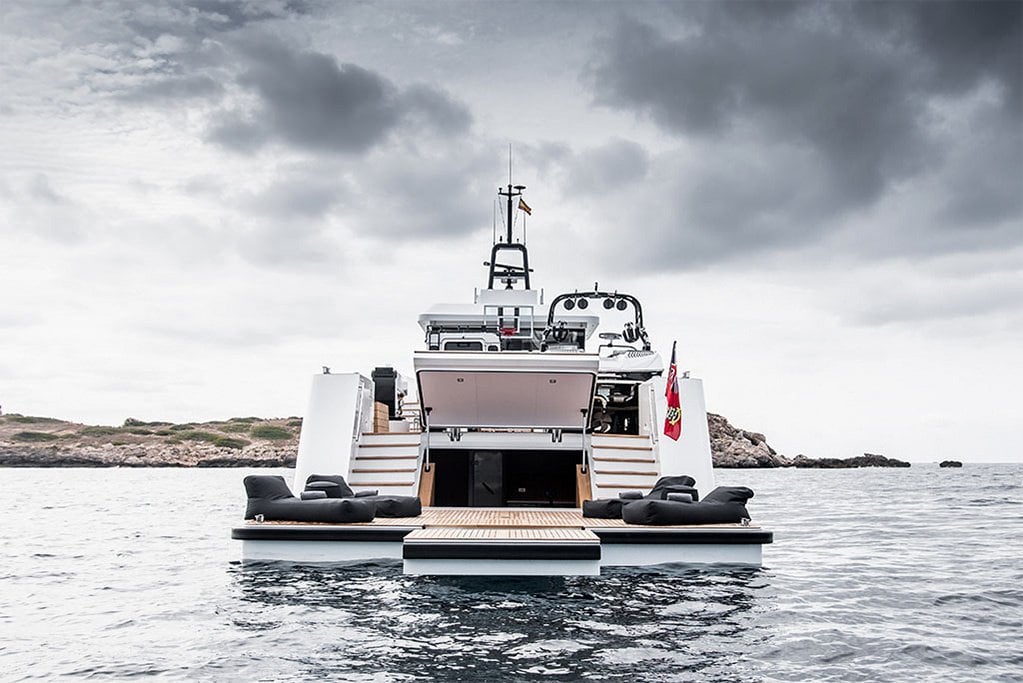The statistics show that motorcycles are involved in a bigger number of injury accidents compared to other motor vehicles, which is no wonder given the insufficient protection of bikers. In contrast to cars or trucks, motorcycles cannot offer the protection of seatbelts or airbags nor can they brag of robust external structural support.
Although such accidents are often caused by other motorists, bikers are the ones who typically suffer, trying to deal with numerous physical and mental issues, from life-threatening injuries to depression and anxiety. But even if you were partly responsible for the collision, you could still have the right to recover damages.
Whatever the circumstances…
… that led to the accident, it is of great importance to know exactly what to do and what not to. Since chances are that immediately after the crash you may be in shock, it’s a good idea to prepare in advance by checking our list of dos and don’ts.
Things You Should Do
- Call 911
It’s great if you are conscious and able to move. Make sure to get off the road and call 911 to get the police as soon as possible. Check on the health condition of your passenger.
- Collect Information
As soon as you can, do your best to obtain the name, address, phone number, insurance information, and license numbers for all the drivers involved.
Write down essential information about every person or vehicle in order not to mix up crucial details that might help you later. Try to note the location of the accident, speed limits, and lighting, as well as specific weather conditions that could lead to the accident.
- Take Photos
While it might be challenging for you to precisely describe the scene with words, you can use your smartphone to take pictures. Make sure they are clear and show significant details such as the damage to your motorcycle or your eventual injuries.
If you have time, also take pictures of the surroundings including the aforementioned street signs and lightning. In case you’re unable to do it yourself, ask someone else to do it for you.
- Talk To Witnesses
Try to get the contact information of as many witnesses to the accident as possible. You do not need to interview them, especially if you are not pretty comfortable with this idea but your attorney will definitely want to contact them.
- Contact A Motorcycle Accident Lawyer
Do it as soon as you can, so your lawyer can start working immediately and preserve as much evidence as possible before the scene of the crash is cleaned up. Experienced attorneys handle a myriad of issues, helping bikers go through the whole process, so they can focus on recovery from the injuries that occurred as a result of an accident caused by a motorcycle.
Things You Should Never Do
- Refuse Medical Help
Even though you feel perfectly fine right after the accident, never assume you’re not hurt as many injuries may take hours or even days to manifest symptoms. Also, it is not wise to tell the police or your insurance company that you’re not injured as it’d be much harder to make them believe the opposite later.
Anyway, it is better to be safe than sorry, so do not refuse or delay medical help. The point is to visit your doctor and tell him about the accident that happened as soon as possible.
- Admit Your Fault
You might be too nervous and desperate to speak with someone about what just happened but do not do it.
It’s okay to talk to the police and give them facts related to the accident, it’s okay to be polite and inquire about the health of other drivers or passengers but in no event should you apologize for a crash and admit it was your fault. Stick to the facts and forget about emotions – the reality can differ dramatically from your subjective view.
- Immediately Call Your Insurance Company
Despite what many drivers think, calling your insurance company is not the first priority. What’s more, it is highly recommended not to talk to them until you have an attorney.
The reason for that is quite simple – you and your insurance company have different goals. Yours are to get what you deserve for your losses, and theirs are to minimize the payouts to victims.
We sincerely hope you will never need this advice but unfortunately even the most careful drivers can be involved in an accident. Now you know what to do and what not to do immediately after a crash. Remain calm and take the right steps to get the treatment and compensation you deserve.





